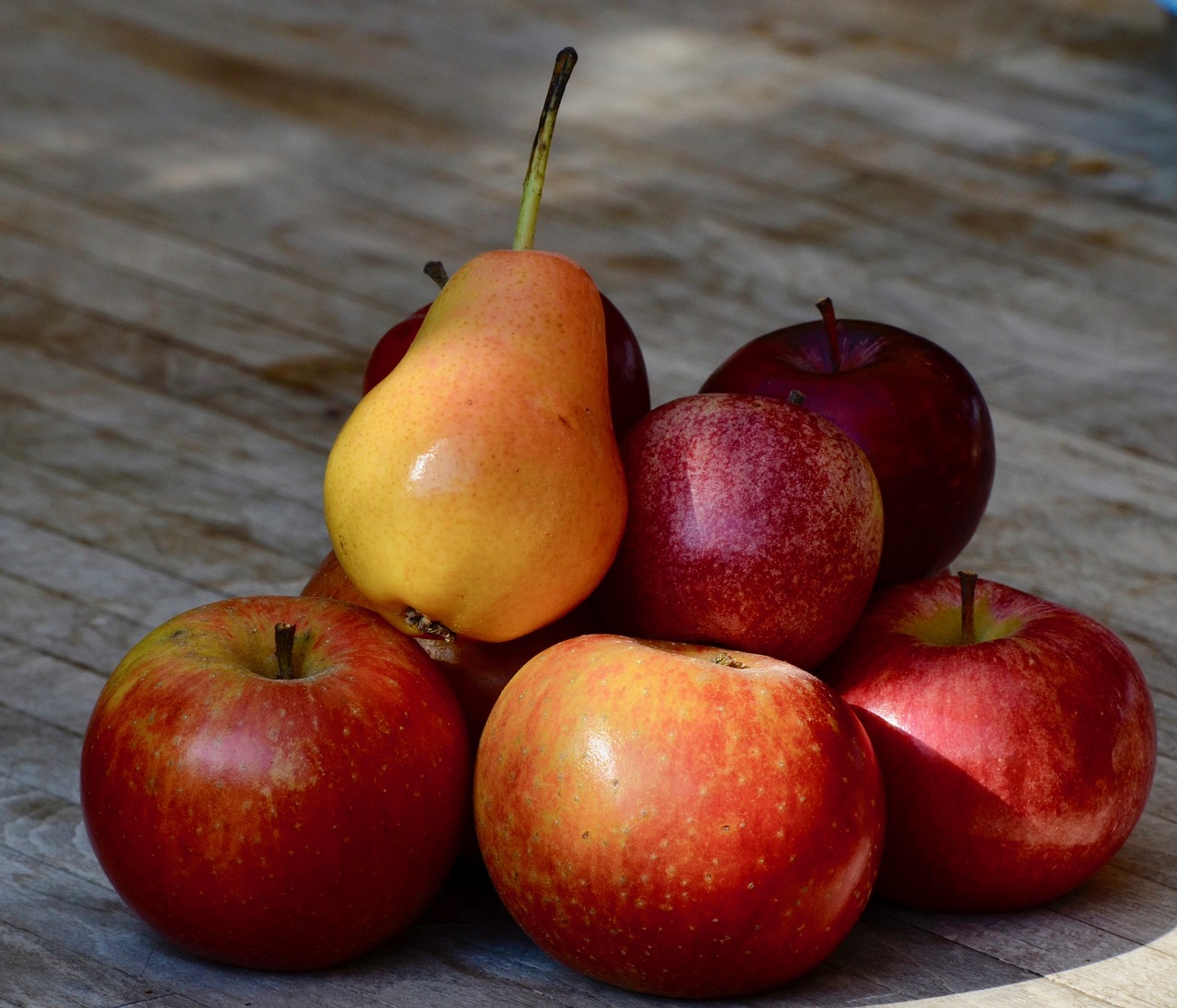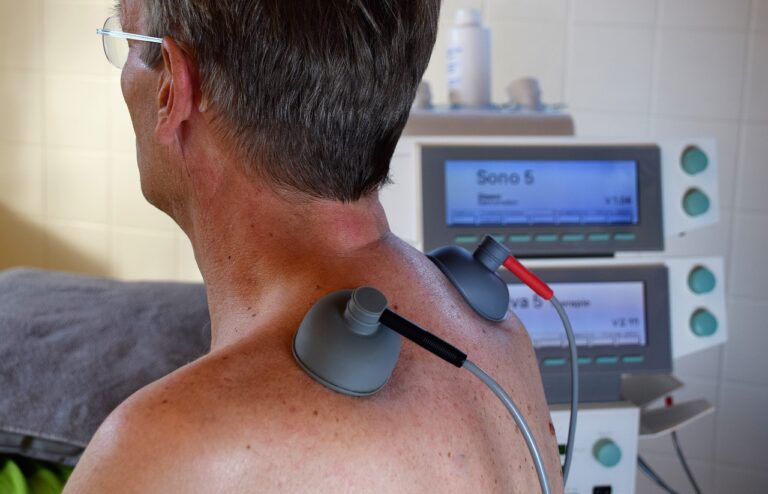The Impact of Aging on Vision
betbhai9 sign up, playexchange login, lotus365 vip login:As we age, our bodies go through various changes, and our vision is no exception. The impact of aging on vision is a common concern for many people as they get older. From difficulties with reading small print to more serious conditions like macular degeneration, understanding how aging affects our eyes is essential for maintaining good eye health.
1. Presbyopia: The first signs of aging on vision often present themselves in the form of presbyopia. This condition occurs when the lens of the eye becomes less flexible, making it harder to focus on close-up objects. Many people notice this change in their late 30s or early 40s and may find themselves holding reading materials farther away to see them clearly.
2. Cataracts: Cataracts are another common age-related vision issue. A cataract is a clouding of the lens in the eye, which can cause blurry vision, sensitivity to light, and difficulty seeing at night. Cataracts are usually treatable with surgery, but they can impact your vision significantly if left untreated.
3. Age-Related Macular Degeneration (AMD): AMD is a leading cause of vision loss in older adults. This condition affects the macula, the part of the eye responsible for central vision. AMD can make it challenging to read, drive, or recognize faces, and it can progress to legal blindness if not managed properly.
4. Glaucoma: Glaucoma is a group of eye diseases that can damage the optic nerve and lead to vision loss. As we age, our risk of developing glaucoma increases, making regular eye exams even more crucial.
5. Dry eye: Dry eye syndrome is a common condition that becomes more prevalent as we get older. It occurs when the eyes do not produce enough tears or when the tears evaporate too quickly. Dry eye can cause discomfort, redness, and blurred vision.
6. Floaters and flashes: As we age, it’s common to experience floaters and flashes in our vision. Floaters are tiny specks or strings that drift across your field of vision, while flashes are brief streaks of light. In most cases, floaters and flashes are harmless, but they can be a sign of a more serious eye condition like a retinal tear or detachment.
7. Regular eye exams: One of the best ways to protect your vision as you age is to see an eye doctor regularly. Annual eye exams can help catch any age-related changes in your vision early on and allow for prompt treatment.
8. Healthy lifestyle choices: Maintaining a healthy lifestyle can also help preserve your vision as you age. Eating a balanced diet rich in antioxidants, staying active, not smoking, and wearing sunglasses to protect your eyes from UV rays are all essential habits to adopt for good eye health.
9. Using proper lighting: As we age, our eyes require more light to see clearly. Make sure your home is well-lit, especially in areas where you read or do close-up work. Consider using task lighting or a magnifying glass to help with reading.
10. Managing chronic conditions: Certain chronic conditions like diabetes and high blood pressure can affect your vision. Managing these conditions through medication, diet, and exercise can help prevent vision problems associated with them.
FAQs
Q: Can eye exercises improve my vision as I age?
A: Eye exercises can help strengthen your eye muscles, but they may not prevent age-related vision changes. It’s essential to see an eye doctor for a comprehensive eye exam to address any vision concerns.
Q: Are there specific foods that can support eye health as we age?
A: Yes, foods rich in antioxidants like leafy greens, citrus fruits, and fish high in omega-3 fatty acids can help support good eye health as you age.
Q: How can I protect my eyes from UV damage?
A: Wearing sunglasses that block 100% of UV rays can help protect your eyes from damage caused by the sun. Choose sunglasses with a broad-spectrum protection label for the best results.
In conclusion, the impact of aging on vision is a natural part of getting older. By understanding the changes that occur and taking proactive steps to protect your eyes, you can maintain good eye health well into your golden years. Remember to see your eye doctor regularly, eat a healthy diet, and make lifestyle choices that support your vision for a lifetime of clear sight.







